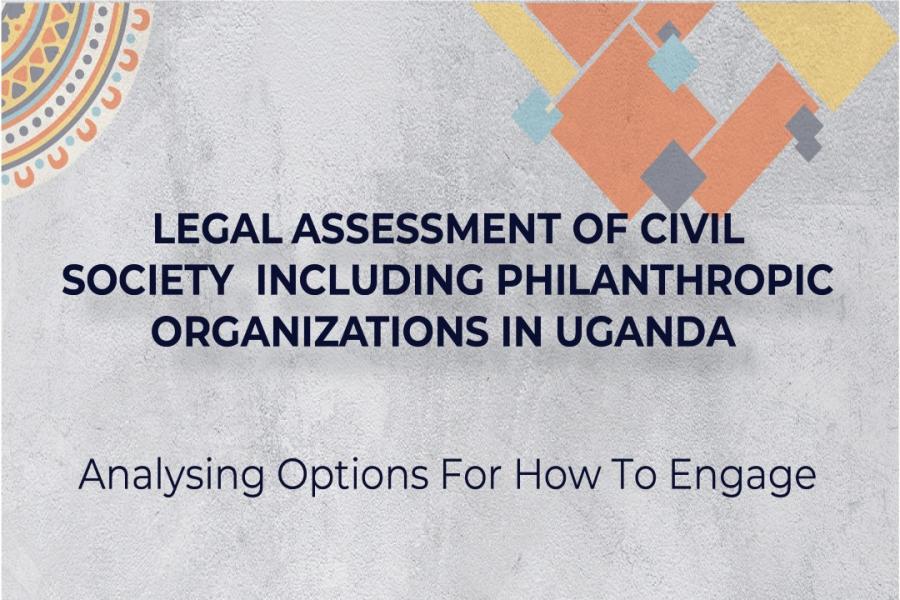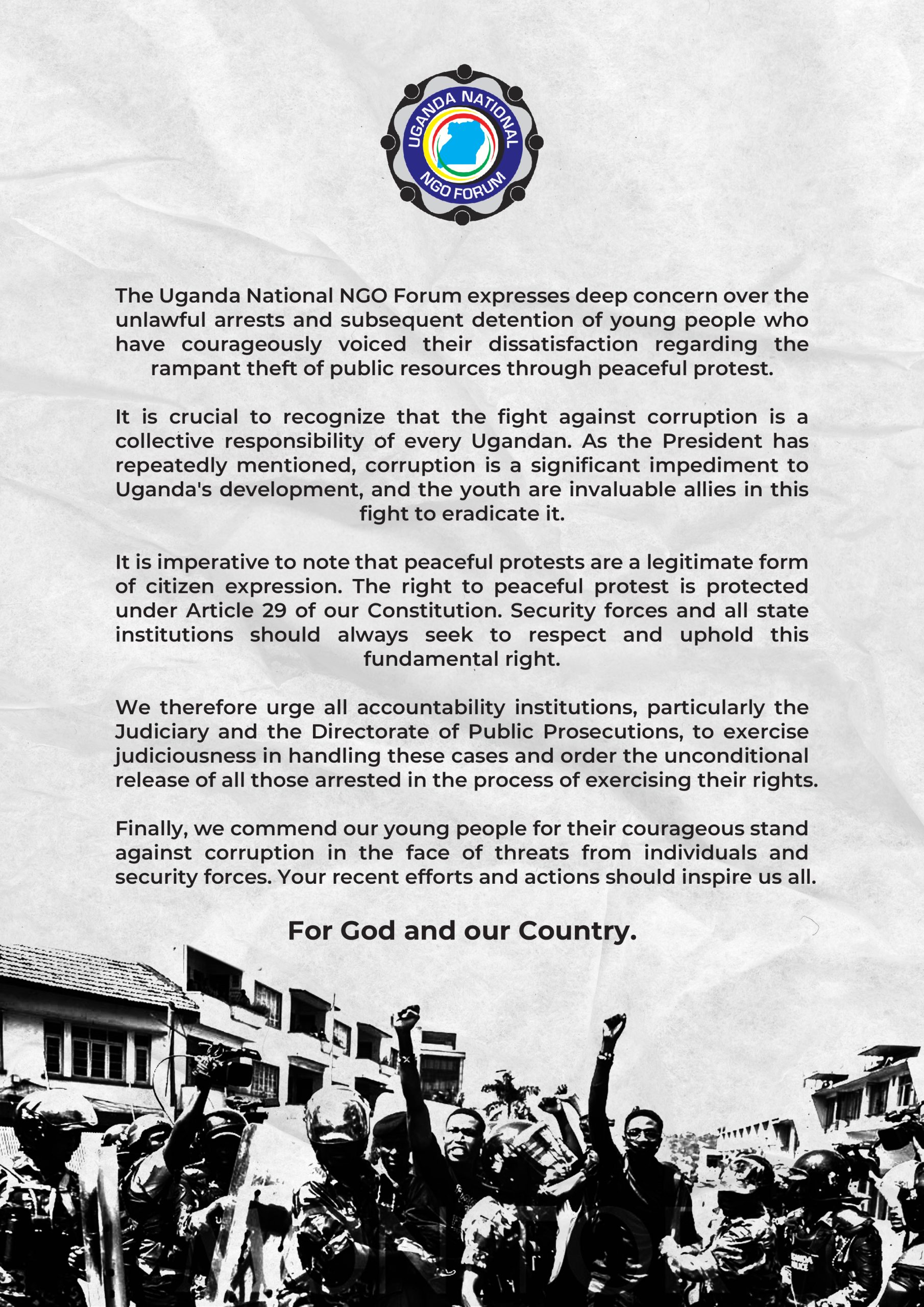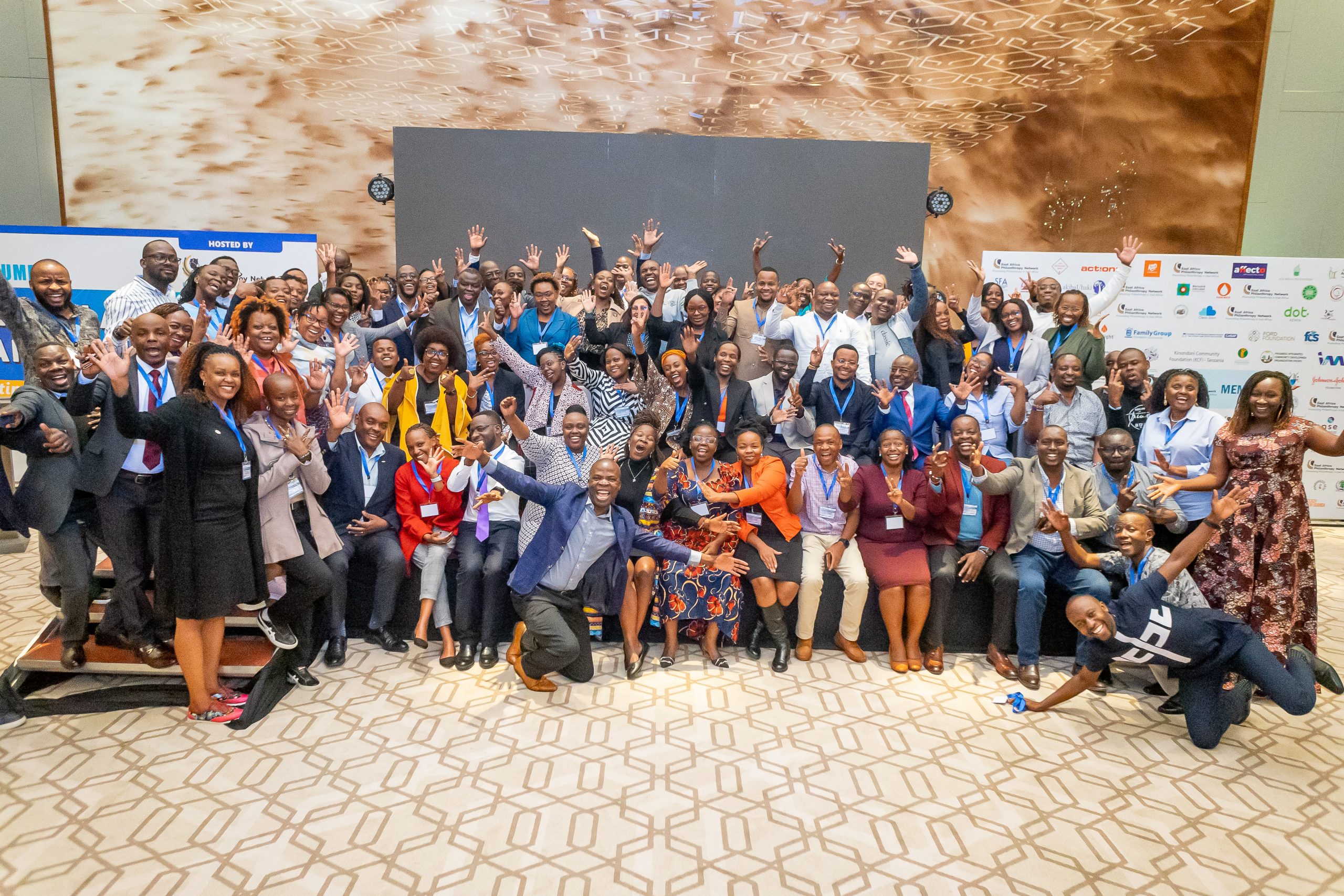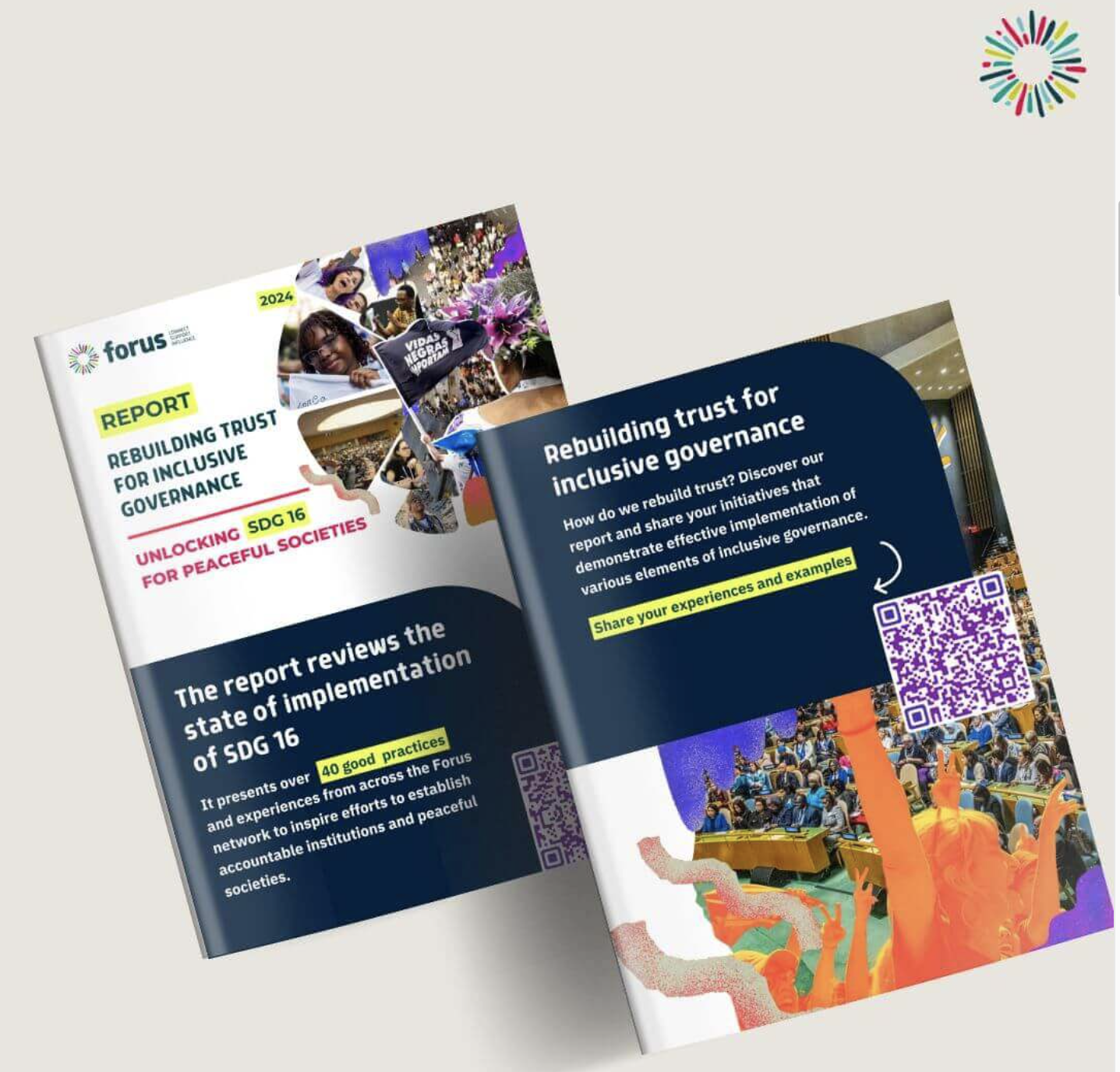
The Legal Environment for CSOs in Uganda
Do you know the legal environment for Civil Society Organisations in Uganda?
The Uganda National NGO Forum (UNNGOF) partnered with the African Philanthropy Network to produce a report that analyses Uganda’s legal environment and its impact on Civil Society Organisations, including Philanthropy Organisations.
The report highlights the factors organisations should consider when engaging with the civil society in Uganda and the impact of Uganda’s legal framework on the freedom of association of Civil Society Organisations and Philanthropy organisations. It analyses this with a focus on key seven arching areas that directly affect CSOs operations
1. Registration:
Are you aware that the registration of NGOs in Uganda is dual?
First, as a company limited by guarantee and second as an NGO with the NGO Bureau. The NGO is then issued an operating permit that has to be renewed in 3 or 5 years.
Foreign NGOs have to present additional letters from their embassies, Ministry of Foreign Affairs and line ministries in order to register. This process is rooted in Uganda’s NGO Act Section 20.
This bureaucratic process gives unfettered discretionary powers to authorities to disrupt CSO activities. There is a need for civil society to further engage with the NGO Bureau to address and review the registration clauses in the NGO Act.
2. Government Oversight:
Have you realized that the current legal framework gives the government broad and sweeping powers over the activities of CSOs?
This is pointed out by the number of acts the CSOs should comply to which include the NGO Act, the Anti-Money Laundering Act, Financial Institutions Act and Income Tax Act. Additionally, CSOs should keep and submit their financial records to the NGO Bureau, their premises should be inspected by the NGO Bureau, and they should report to different line government agencies.
This allows state officials to interfere in day to day activities of CSOs especially those that deal with issues on press freedom, accountability, election process and other sensitive areas. This has forced some CSOs to significantly change their approach of work to align with Government and funding opportunities available.
The policy solution for this would be to consolidate all legal efforts into a general counsel for CSOs whose office mandate will be to handle regular legal challenges faced by CSOs.
3. Foreign Funding:
Are you are aware that most CSOs receive funds from foreign donors? Did you know this funding is subject to scrutiny under the Anti-money Laundering Act?
Uganda’s legal framework doesn’t spell out restrictions on foreign funding but requires CSOs to declare their source of funding with the Financial Intelligence Authority.
CSOs have to report and notify the government of monetary transactions whether in local or foreign currency exceeding 20,000,000 UGX. This is to help curb money laundering and terrorist financing.
This gives the government power to restrict operations of CSOs, especially those that are most critical of its activities on the basis that the funds they receive facilitate terrorism. These suspicions have sometimes caused the freezing of bank accounts belonging to organisations that criticize government operations in the guise of terrorism.
To address this, an enabling local philanthropy policy and legislation are needed to encourage domestic fundraising to boost CSO activities.
4. International contact:
Civil Society Organisations have the right to seek international relations.
This is however restricted by Section 45 (a) of the NGO Act which requires CSOs to submit to the NGO Bureau their staffing structure, with a focus on foreign staff requirements and their country of origin. The requirement is reinforced by burdensome work permit application processes for foreign personnel which affects the work of philanthropy organisations.
This limitation is tightened on international engagement on political issues and has led the government to ban travel and in some cases deport foreign personnel working with CSOs on issues concerning governance. CSOs therefore, lose the opportunity to meaningfully engage and learn from foreign partners.
The way forward suggested by the report is to introduce laws and policies regulating the local philanthropy sector so as grow local support for CSOs.
5. Barriers to financial transactions:
Did you know what The Anti-money Laundering Act spells out to CSOs?
It requires CSOs to report financial transactions exceeding 20,000,000 UGX.
This reporting can be used to disrupt the work of NGOs under the guise of preventing terrorism financing and money laundering.
This excessive government scrutiny has led to CSOs bank account closures especially those dealing in human rights advocacy and governance issues, for example, Action Aid, UNNGOF and UWONET. Philanthropy organisations find it difficult to remit funds to organisations whose financial transactions have been blocked and this slows implementation of program activities.
While dialogues with the government have been held to settle this and account closures have been lifted, CSOs working on issues perceived as high risk or politically may consider having foreign or remote financial accounts.
6. Taxation:
Were you aware that Section 2 (b) of the Income Tax Act exempts CSOs from some taxes?
Acquiring this tax exemption is a cumbersome process and many CSOs miss out on its benefits.
Furthermore, the social media tax (OTT) which had been introduced to help the government collect more revenue hindered the freedom of expression, especially for advocacy groups who use social media as a tool to express their issues.
In addition to this, income tax on commercial activities of CSOs discourages social enterprise, increases the cost of operations of NGOs and depletes money that could have been spent on more beneficial activities or programming. These limitations leave CSOs dependent on foreign donations to beef up funds for programming.
No substantive legal engagement effort has been made to get the government to reconsider its procedure for considering or appreciating the value of tax exemptions for NGOs.
The CSOs should therefore pressure the government to amend laws governing tax incentives and introduce a policy to expand benefits to local citizens. This will encourage local philanthropy and enhance an enabling environment for CSOs.
NOTE: OTT tax was lifted on 1st July 2021. However, the ban on Facebook, Uganda’s most popular social media platform continues.
7. Restrictions on engagement in policy issues:
The Constitution of Uganda protects the right to freedom of association, and Article 38(2) provides for the right of Ugandans to civic participation to influence government policy through civic organisations. This right, however, is not absolute and may be subject to limitations.
The government has put restrictions on NGOs’ access to local communities with regards to projects on land and mineral rights. Some NGOs that monitor service delivery in the health, water and education sectors are hindered by limited access to vital information.
Additionally, various laws hinder the ability of CSOs to influence government policy, and the government’s action to close accounts of NGOs that critique their work indirectly limits legitimate citizen association.
Philanthropy organisations may hesitate to fund programmes around civic rights or electoral reforms in order to maintain functional relationships with the government.
In light of this, the CSOs should come up and challenge the use of the political doctrine in cases pursuing remedies for human rights violations by the government.
WAY FORWARD:
Ultimately, the responsibility to create a more enabling work environment for CSOs and Philanthropy organisations falls on us.
This can be done in partnership with agencies like the Uganda NGO Board and the Financial Intelligence Authority, and legislators and strategic litigation organisations at the highest power of influence in amending laws that could create a more enabling environment.
Civil society should also partner with diplomats and members of the judiciary who are interested in ensuring that the right to freedom of association is protected. Leveraging their relationship with the government and broad understanding of the impact of restrictive laws could give a push to the realization of this and other rights.
Civil society should continue to document and share their experiences to build a strong case to advocate for change.
A lot has been done with the active nature of CSOs in countering and pushing back at government backlash to build a thriving civil society but we can achieve more if local communities align with this vision for the sector’s development.



